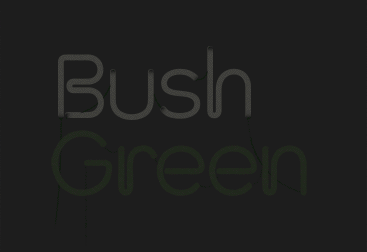Collaborating on The Cord: Dr Jess Heron & Bijan Sheibani
Dr Jess Heron, founder and CEO of National perinatal mental health charity, Action on Postpartum Psychosis (APP), and acclaimed writer and director, Bijan Sheibani, collaborated on research for his new play The Cord, that follows a family struggling to navigate the postpartum period. “APP, which began as a research panel, now supports women and families…


